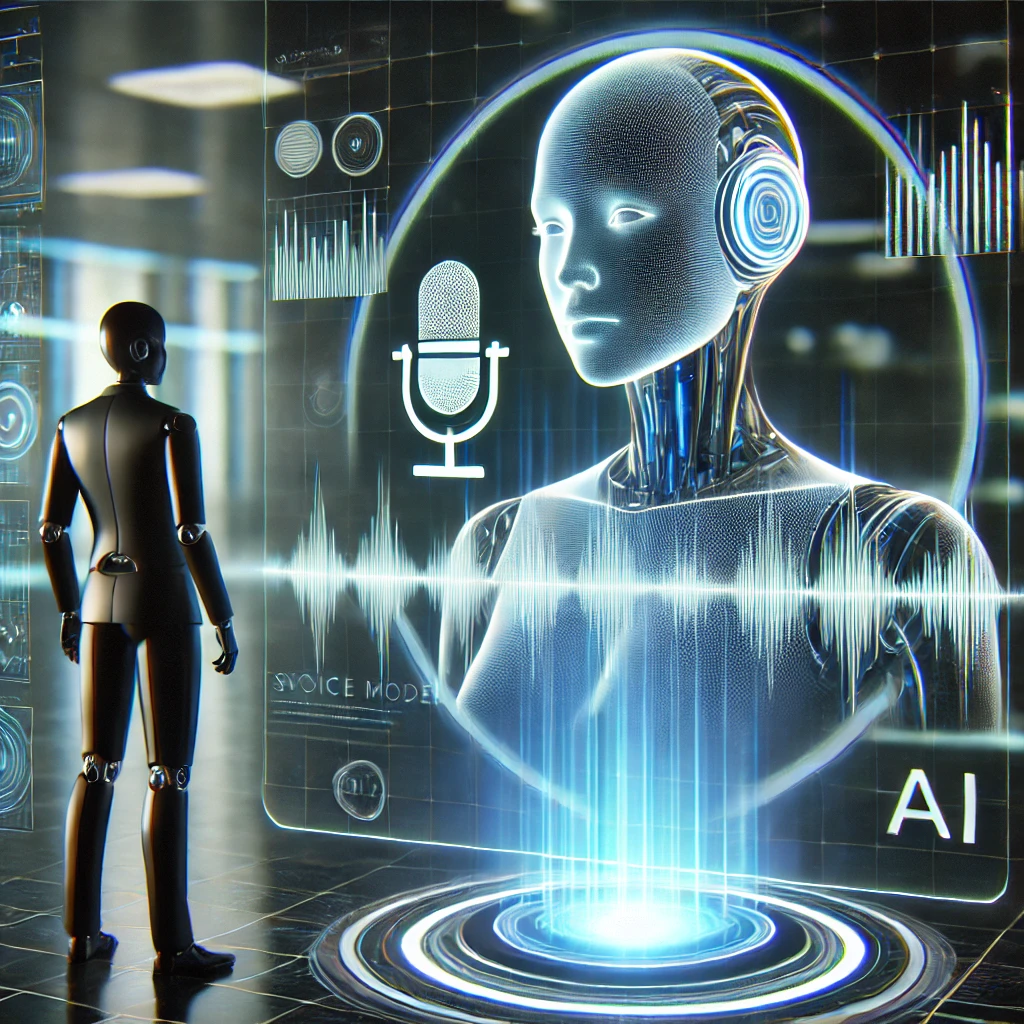OpenAI has announced a new suite of advanced audio models designed to transform voice-based artificial intelligence by enabling real-time speech interactions. These models, including GPT-4o and its variants, are now available to developers worldwide, marking a significant leap in AI-driven voice technology.
Key Features of the New Audio Models
The latest models, such as GPT-4o-Mini-Realtime-Preview and GPT-4o-Mini-Audio-Preview, offer enhanced audio capabilities at a reduced cost, approximately 25% of the original GPT-4o audio models. This cost-effectiveness broadens access for developers aiming to integrate sophisticated voice functionalities into their applications.
These models support low-latency, “speech in, speech out” interactions, facilitating seamless real-time conversations between users and AI systems. The integration of WebRTC technology further simplifies the development of speech-to-speech experiences, requiring minimal code and enhancing the efficiency of deployment.
Advancements in Speech Recognition and Synthesis
OpenAI’s new models exhibit significant improvements in speech-to-text and text-to-speech capabilities. The GPT-4o-Realtime-Preview model, for instance, offers improved voice quality and more reliable input processing, while also being over 60% more cost-effective than previous versions. Additionally, the GPT-4o-Mini-Realtime-Preview model provides a more economical option, priced at one-tenth the cost of earlier models, making advanced voice AI more accessible to a broader range of applications.
Implications for AI-Powered Voice Agents
The introduction of these advanced audio models is poised to significantly impact the development of AI-powered voice agents. By offering more natural and efficient speech interactions, these models enhance the user experience in various applications, from virtual assistants to customer service bots. The reduced latency and improved accuracy contribute to more intuitive and human-like interactions, aligning with OpenAI’s goal of making AI agents more useful through deeper and more natural engagements.
Availability and Developer Access
Developers can access these new models through the Azure AI Foundry portal, where they are available in public preview. This platform provides resources and tools to facilitate the integration of advanced audio capabilities into diverse applications, encouraging innovation and the creation of immersive, voice-driven experiences.
Future Prospects
OpenAI’s advancements in real-time speech capabilities reflect a broader industry trend toward more interactive and responsive AI systems. As these technologies continue to evolve, they are expected to play a pivotal role in various sectors, including customer service, education, and entertainment, by enabling more personalized and engaging user interactions.
In summary, OpenAI’s unveiling of these advanced audio models signifies a substantial step forward in voice AI technology, offering developers the tools to create more natural and efficient speech-based applications. This development not only enhances the capabilities of AI agents but also sets the stage for more immersive and human-like interactions in the digital realm.



